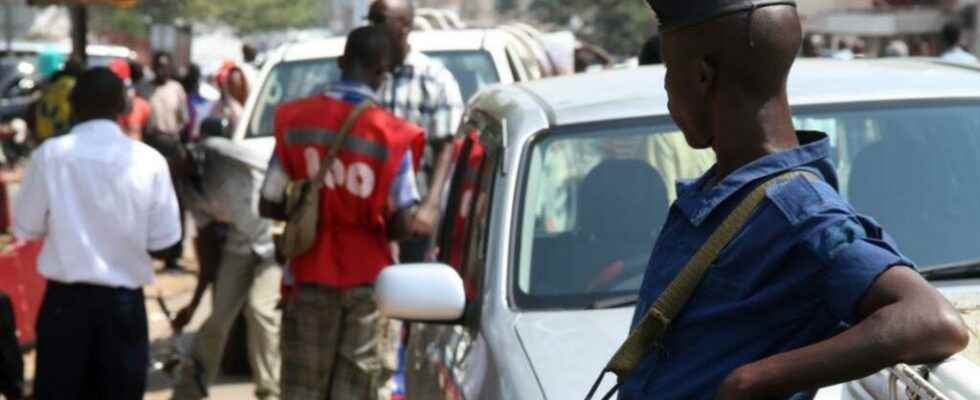It is a system that operates with almost total impunity. In most of the cases we have documented, the perpetrators of these crimes have not been held to account. The abuses really do happen in the hills of the country. The authors can be local administrators, local representatives of the CNDD-FTD [Conseil national pour la défense de la démocratie-Forces de défense de la démocratie], often aided by members of the Imbonerakure, the ruling party’s youth league, but often in collaboration with the national intelligence service. Moreover, we have also documented cases of assassinations, in particular by the army in response to attacks by unidentified armed persons. We have seen, since the President [Évariste] Ndayishimiye took power, a rapprochement of the international community with the authorities who seek to encourage change. I believe it is important for Burundi’s international and regional partners to establish concrete and measurable benchmarks expected of the government to address these violations and ensure that the Burundian authorities bring those responsible to justice.
Clémentine de Montjoye, researcher in the Africa division of Human Rights Watch
